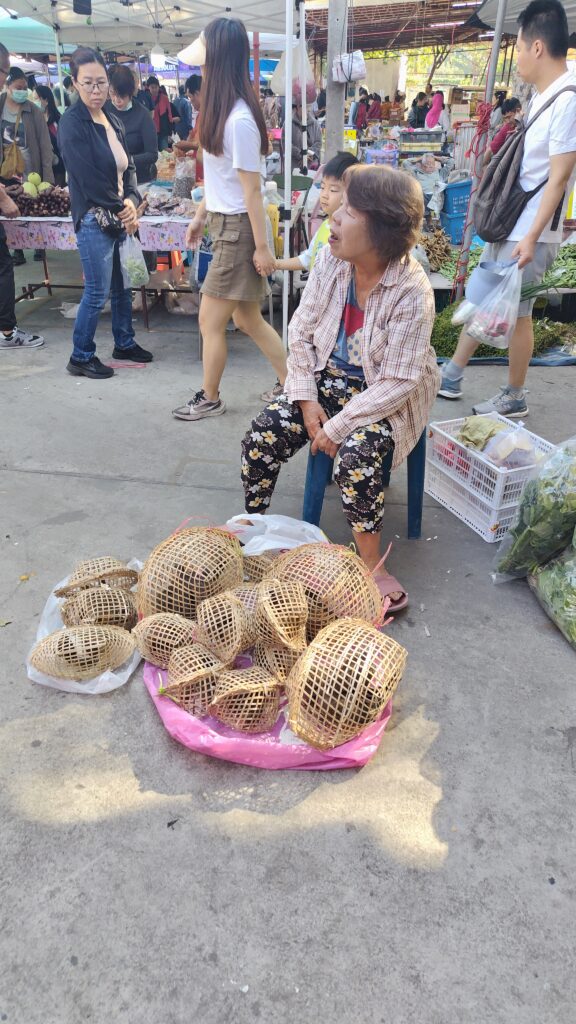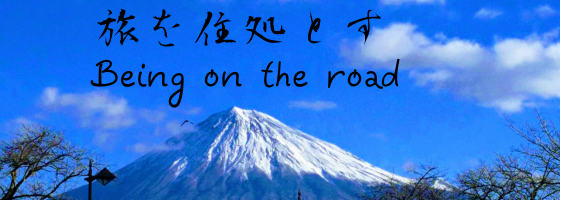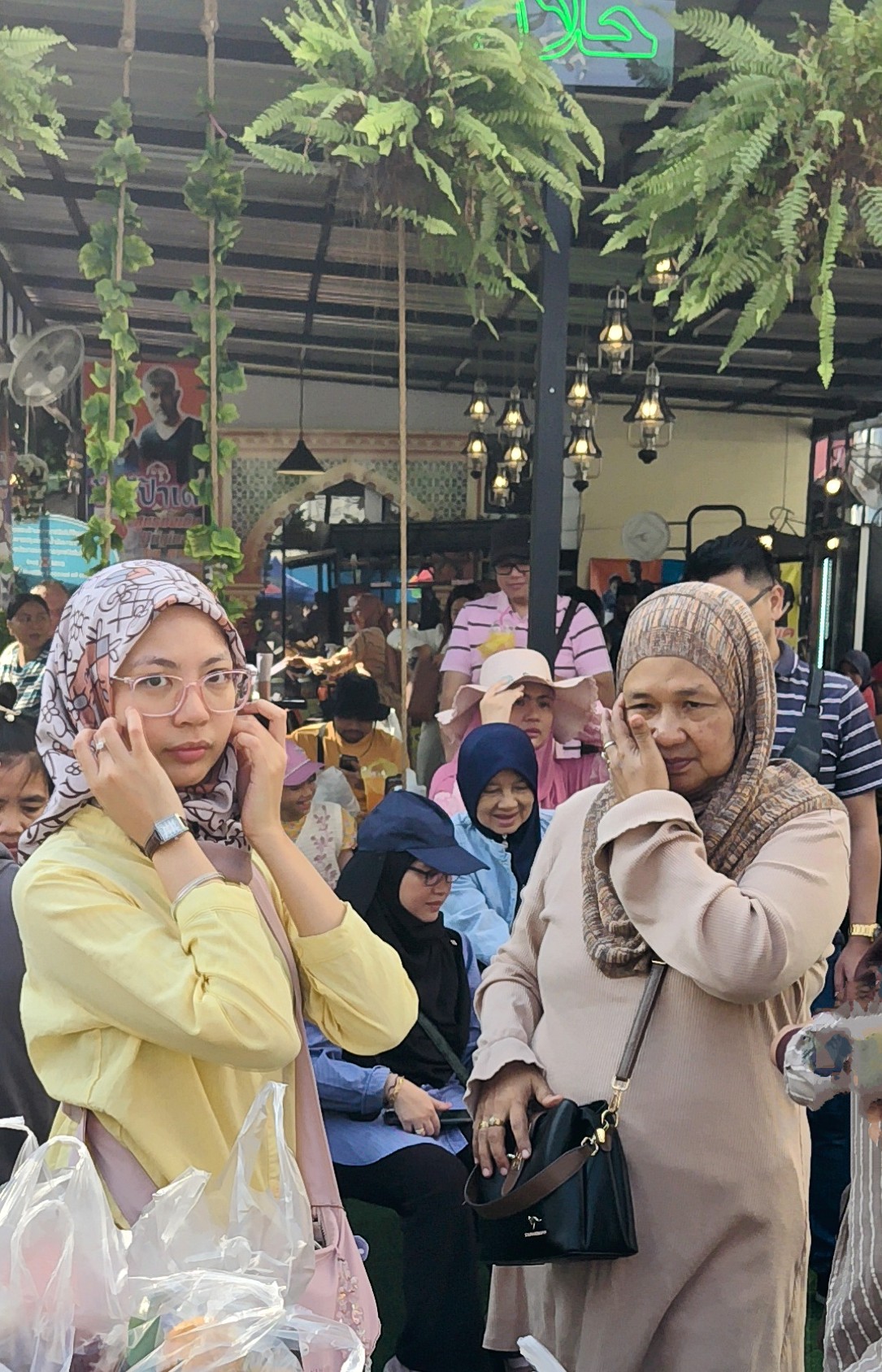Every Friday morning, a “Yunnan Muslim Friday Morning Market” is held on the outskirts of Chiang Mai. Chiang Mai, located in northern Thailand, is close to the Chinese border, and this market features unique products unlike those found in the city’s main markets. It’s also a visually exciting market with many Muslims gathering there, offering lamb meat and dishes. This article shares information based on my personal weekly visits during my stay in Chiang Mai.
A Minority Market Unique to Northern Chiang Mai
Meats Sold Include Lamb and Goat
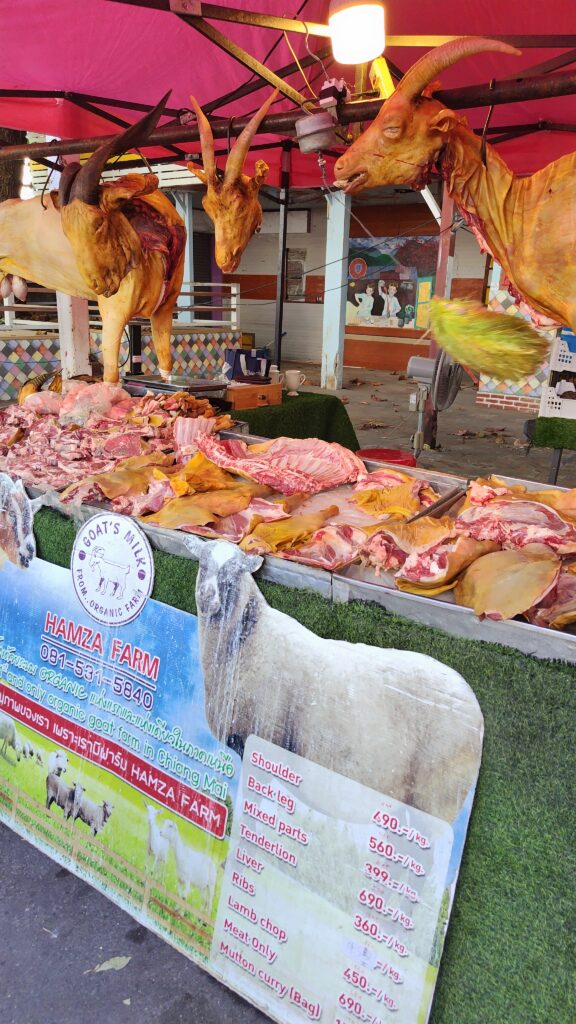
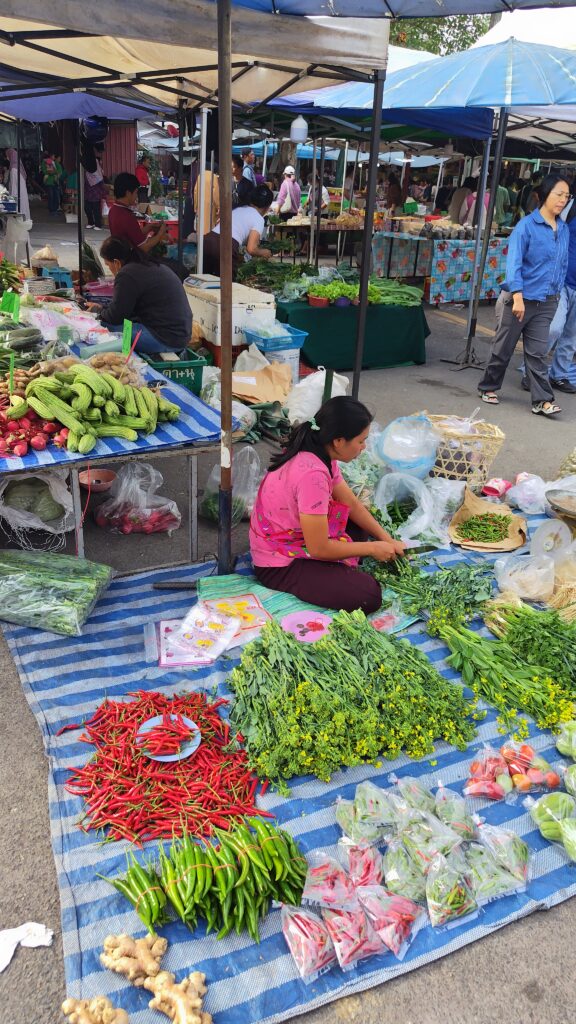
Within cycling distance from Chiang Mai’s Old City, a market is held every Friday morning until around noon, where surrounding ethnic minorities gather. In northern Thailand, near the Chinese border, various minority groups such as the Hmong and Karen reside. These people gather at this market every week.
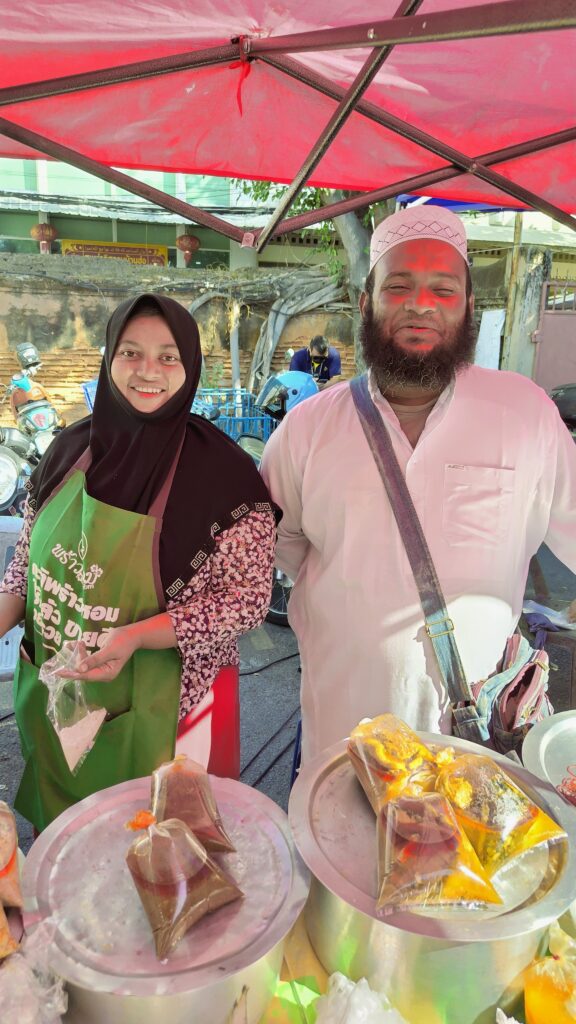
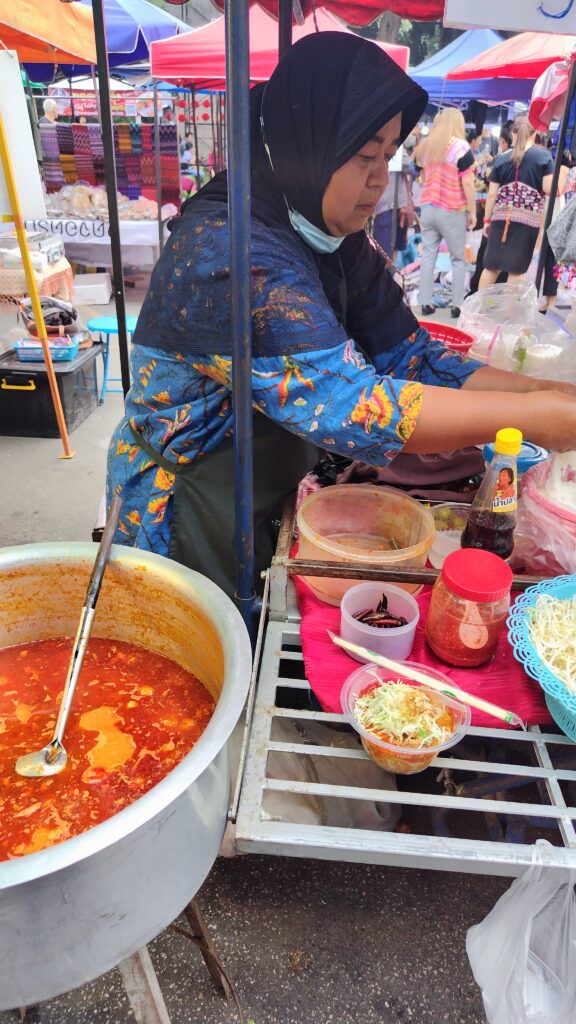
The market features products different from those found in downtown Chiang Mai (many items have Chinese labeling). Among the people gathered here, a significant number appear to be of Central Asian or Middle Eastern descent. These individuals seem to deal mainly in Islamic dishes and ingredients, such as lamb.
- You can see faces that look Middle Eastern.
- This mother has an Asian face.
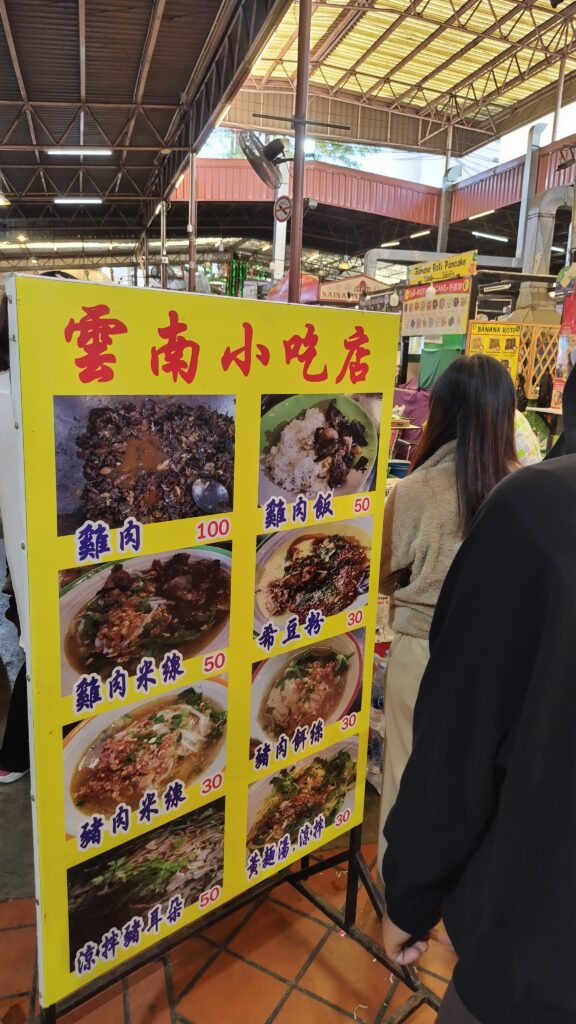
In one corner of this market, there’s also a dining area where you can eat Thai, Chinese, and even rare Yunnanese and Burmese dishes. Additionally, there are street stalls outside the market that offer food even cheaper than inside. In particular, I’ve only ever had Burmese “Kaohun” at this market in Chiang Mai. This noodle dish is topped with a thick, yellow chickpea soup, which feels more like a rich potage or sauce than a soup.
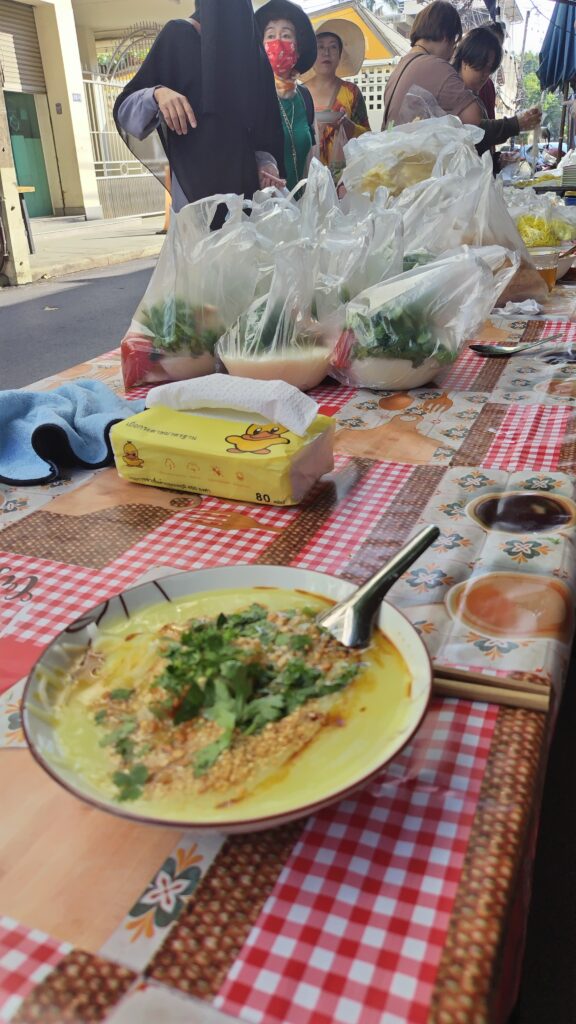
- Diner inside the market.
- Ate Kaohun at a street stall outside the market.
Besides food and daily necessities, this market also featured a Buddhist event called Tamboon, where people accumulate merit by releasing captive birds. There’s a similar practice in Japan called Hojo-e (pronounced “Hojyo-e” or “Hojyo-ya” in Fukuoka). The price (or donation) was about 200 baht per cage (approximately 900 JPY). It was a bit more than I could afford, but I saw a wealthy Chinese person release two cages.
- Small bird Tamboon.
